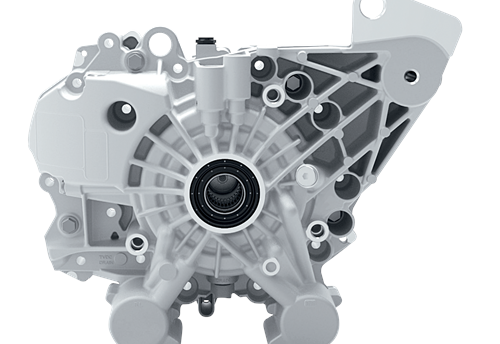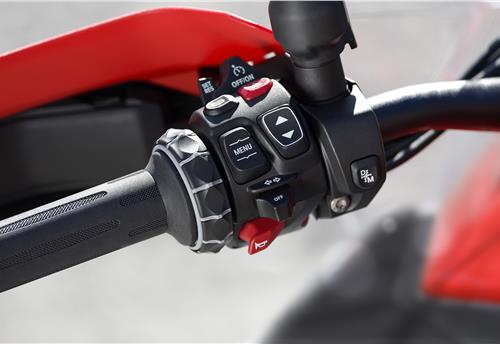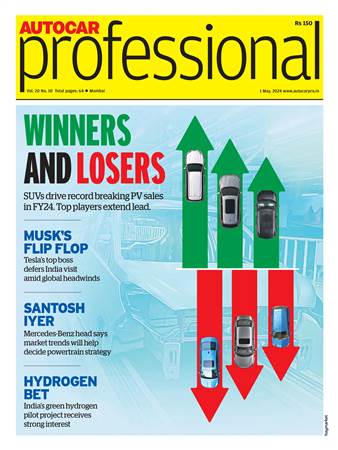Automakers power growth for battery management systems
The disruptive innovations such as user-friendly features, restricting overdesign, wireless, prior prediction, and predictive BMS are offering significant growth opportunities in a rapidly evolving ecosystem.
The rising demand for electric vehicles, enhancement of data acquisition methods, updates to thermal management techniques, and increasing share of renewable energy mix are fuelling the growth for Battery Management System (BMS) market, says a report by Frost & Sullivan’s TechVision team.
The disruptive innovations such as user-friendly features, restricting overdesign, wireless, prior prediction, and predictive BMS are offering significant growth opportunities in a rapidly evolving ecosystem.
“With the demand for electric and hybrid vehicles escalating in recent years due to emission control issues, BMS innovations in the automotive segment will significantly boost market growth,” said Frost & Sullivan TechVision, research analyst, Kowtham Kumar Kannadasan. “Automotive manufacturers are investing heavily in research and development to produce advanced BMS solutions for effectively facilitating electrical aging characteristics due to induced vibrations in rechargeable energy storage systems.”
The report highlights that there is a need for a large-scale BMS with enhanced electronics design, electrochemistry, and cell modelling in data centre industry in the next five to seven years. There is a need to integrate BMS with improved prognostics, diagnostics functions, and multi-industry certification for raising safety standards. Manufacturers of BMS will also be required to incorporate planning for charging batteries and powering subsystems in wireless power devices, such as smartphones, desktop computers, and laptops.
Frost & Sullivan further state that the improvements in material science is augmenting the development of better battery management techniques. Acting as a power back-up in transmission towers and wireless switching offices due to the need for BMS to administer high-rate brief discharges and state of health (SoH) of the battery pack; and medical and fitness industry applications due to audio feedback and wireless connectivity requirements that demand high-capacity battery packs.
“On the flip side, an increased number of local manufacturers are offering products with multiple specifications that are widely limiting the identification of standard products and impacting the product quality,” noted Kannadasan. “In addition, the rising adoption of luxury features such as climate control, on-board entertainment, and in-seat heating are adding more challenges for manufacturers to develop BMS models that are able to handle extra functionalities while keeping the system design less complex.”
RELATED ARTICLES
Kia previews upcoming EV3 compact SUV with teaser images
Korean carmaker gives a glimpse of its forthcoming model’s front and rear end design ahead of the global premiere on May...
BorgWarner supplies Polestar BEV SUVs with electric torque vectoring and disconnect system
Electric Torque Vectoring and Disconnect (eTVD) system for battery electric vehicles adaptively improves vehicle safety ...
BMW Motorrad develops Automated Shift Assistant to make riding simpler
Automated Shift Assistant’s clever functional design eliminates the need for a hand lever to operate the clutch manually...





 11 Sep 2017
11 Sep 2017
 2629 Views
2629 Views



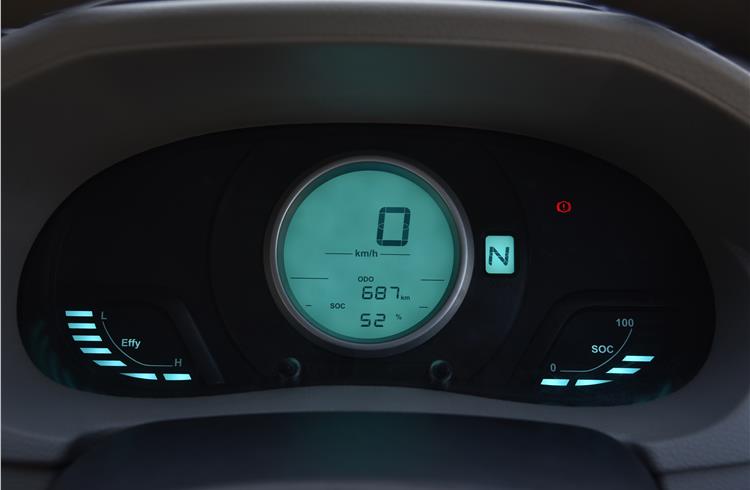
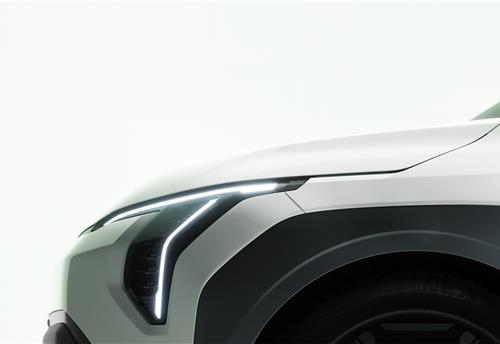
 Autocar Pro News Desk
Autocar Pro News Desk

